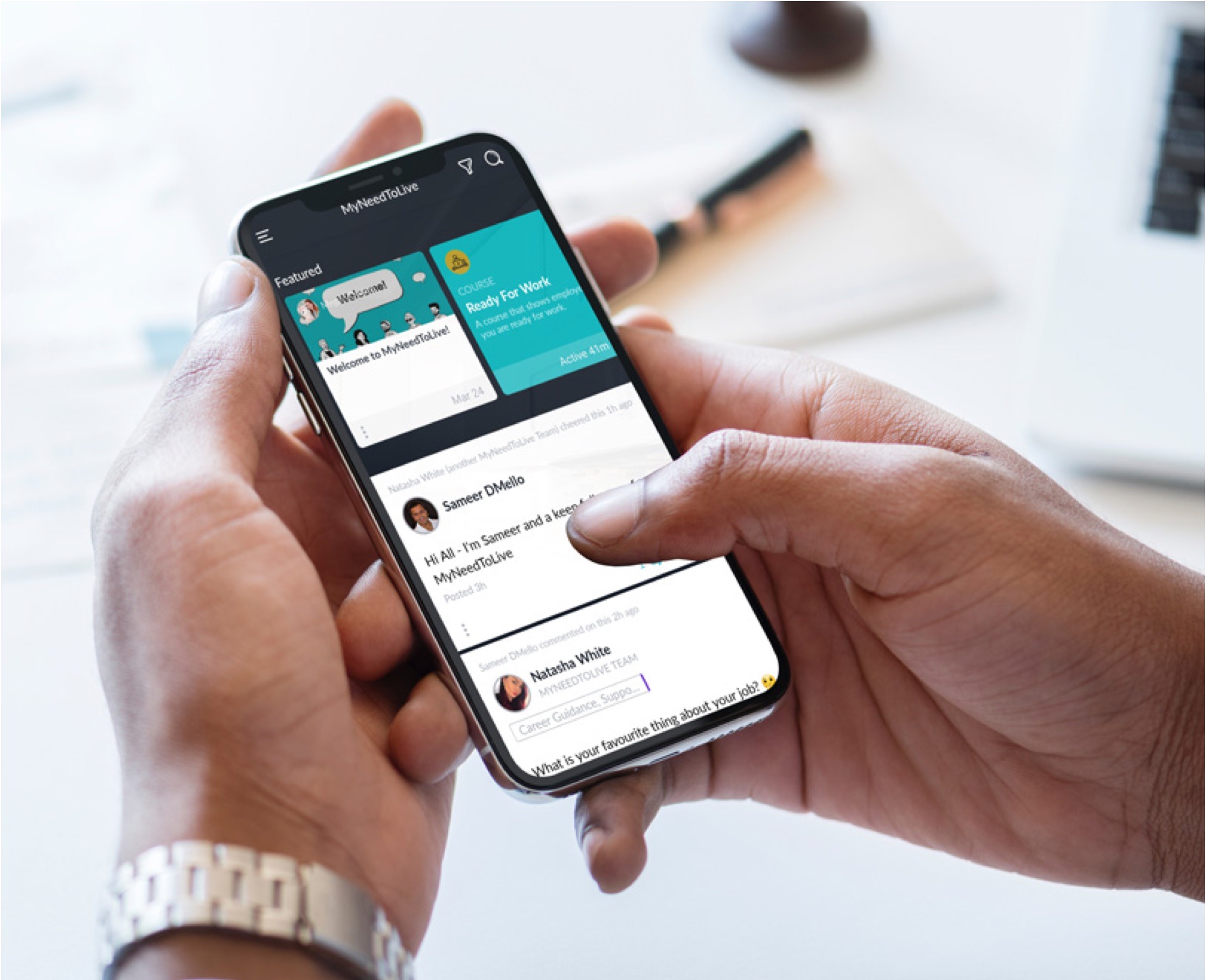
First off, I would like to apologize for dropping off the radar for a bit. I was surprised by a bit of good news when I was offered the chance to be interviewed for the position of Assistant Manager. I spent a whole week in preparation for that. Immediately after the interview, I caught the flu and was very much bed-ridden for a good week-and-a-half. I’ve only started to feel better.
In short, more posts will be coming up. ????
In this post, I’d like to talk about some tips to help you ace that key interview. There’s a lot of work that goes into prepping for an interview and an equal amount of nerves when you’re finally in the room with a group of people staring you down. How can you overcome the obstacles and hurdles to set yourself apart from all the other interviewees?
The Big Point
Focus on the main point of this interview. You were chosen alongside other applicants for a position that you are now being interviewed for. Clearly, you’ve worked hard and have demonstrated skill in your field to be even considered for said position. However, this also holds true for all the other applicants! So, what can you do to become the standout person of the crowd? How do you set yourself apart as the unique one that the powers-that-be will decide to take a chance on you?
Prepare long before the interview. In fact, if you have the intention of moving up the corporate ladder in your workplace, you should be preparing for the next step every day. There are lots of ways to prepare. Reading, attending outside courses and workshops related to your field, getting on-the-job experience by volunteering your time and efforts, and being naturally curious all help in this phase.
One commonly overlooked method of preparation that most people don’t think about is finding yourself a mentor. It’s true. This may be the simplest form of getting ready for an interview, but you’d be surprised how many people don’t think of it. If they do consider getting a mentor, they don’t. Why is that? Because getting a mentor means putting yourself out there.
Believe me, it’s tough.
In the retail landscape, your first pool of mentors will undoubtedly come from the managers of various other locations. To tap into this wealth of resources means reaching out and asking for help. Imagine getting so pumped up as you walk into a store; you ask to speak with the Store Manager. After a few minutes, he or she comes down and you introduce yourself. You state your intention of wanting help and your desire to find a mentor.
Then, for one reason or another, you get rejected.
Can you see how disheartening that is?
Here’s the trick. That IS part of your development. Take the experience, go home and give yourself some time. The next day, pick another store manager or whoever it is you want to reach out to and try again. Rinse, repeat. Over and over. Do it again and again, until you find a group of people that you can lean on for advice, questions and their knowledge.
The point of finding a mentor is twofold. They are to share their knowledge and experience with you, and in the process, they become part of your ever-growing network of associates. That’s right, moving up means building your own network that consists of people whom you can rely on for different situations. This is a key thing to bring into interviews: your network and the fact that you are building one.
I’ve gone into interviews where I stated the names of various people I reached out to for mentorship. They were the best in their fields and were kind enough to devote their time and energy to me. The look on my interviewers’ faces as they realize I have a network is priceless. At that moment, you realize that you’ve hit the nail on the head and are one step closer to getting that job.
Your network can be within the work circle, or even outside of it. I recall telling my District Manager in the interview how I was reaching out to Starbucks managers and more in order to push the envelope of my skills and broaden my horizons. Trust me. Doing something like reaching outside of your comfort zone will only look good on you in the end.
Of course, preparing for years on end will do absolutely nothing if you can’t sell yourself in the interview. Now, let’s face it: some people can do a fantastic job on this point while totally disregarding the preparation step and still get the job. That’s why you need to come prepared AND go in with confidence. No executive ever liked a trembling interviewee who can’t tell his work history in the company without a few pronounced “uhhhs” and “umms.”
You’re going into the interview because you prepared yourself. You put in the work, and now you need to show that you know your stuff. Shake hands with your interviewees; give them a firm grip. Don’t laugh too loud and be sure you make steady eye contact. Bring your resume, cover letter, development plans, and make sure you have a few key examples of some of your exemplary work in your head. Bring a notebook and pen to take notes of anything that you don’t know. Interviewees love this.
Ask if the question needs clarification or if it doesn’t make sense. Too often, an interviewee will just try to wing his way through a question without properly understanding it. This results in more questions being asked which is never a good thing.
Then, take a pause. Don’t jump on the question right away. My favourite thing to do? If they offer you water before the interview starts, go for it. Anytime you need to answer a question that requires more thought, take a sip. That should give you time to clear your head and form a more eloquent answer than if you had to think it through a few seconds of dead silence. Be specific, detailed and concise. Don’t drivel.
If you don’t know it, just say it. Nine out of ten interviewees will appreciate an honest candidate rather than one who can fly by the seat of their pants. Admittedly, talking on the fly is a skill to be demonstrated, but not at an interview. Also, take notes! This will show them that you’re willing to learn and that you’re using the interview as an opportunity to grow.
Above all, go through the interview with a sense of self-awareness of your own worth. Don’t sell yourself short, especially to yourself. Believe in your skills and your ability to grow. In addition to showing them how you’ve grown to obtain that position, show them how you CAN continue to grow when you obtain it. Demonstrate forward-thinking and planning, key traits of high-performance leaders in any field.
These little shifts in mindset will ultimately set you apart as the unique, ideal candidate and confirm you as the standout of the crowd.
Whether you want to grow your skills, get picked up by an employer who needs your specific knowledge, earn more qualifications for your CV, or some combination of the three, the My Need to Live community is here to support you.
Join the platform 01 March 2023
01 March 2023
 30 October 2022
30 October 2022

The My Need to Live Support Directory is a resource created by us to help 16 – 24 year olds find the help, support, organisation or practitioner you need to help them with their wellbeing when they need it.
Support directory
Joseph Huang